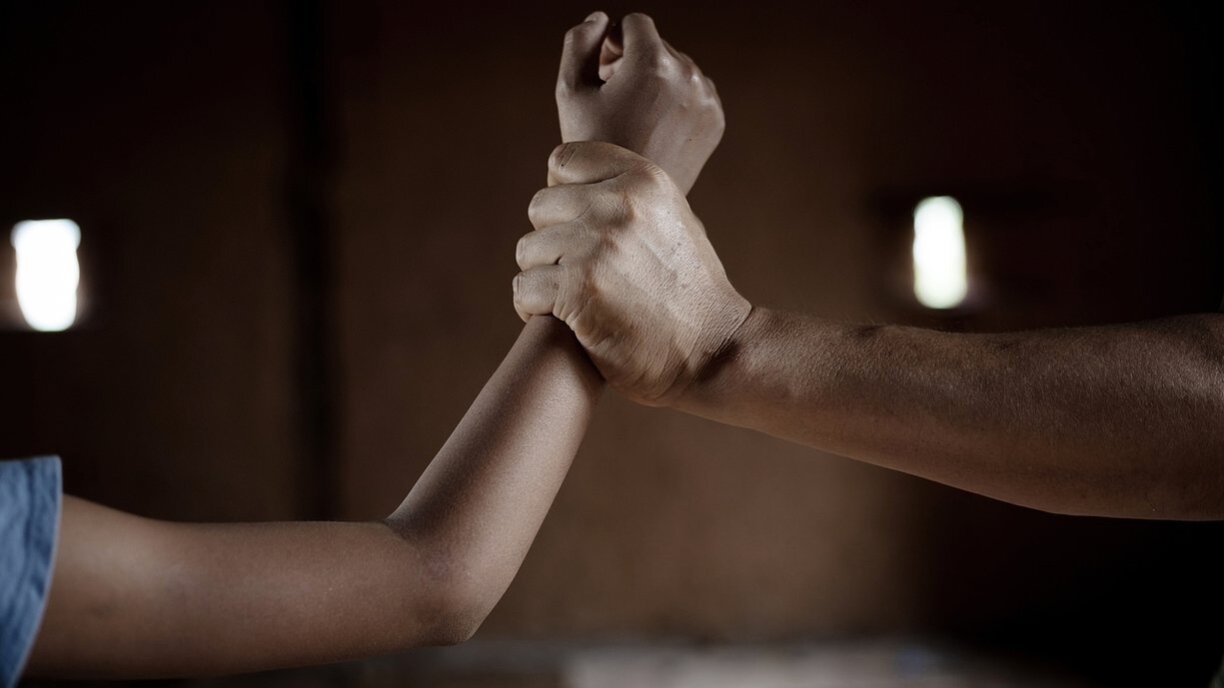
The trial of a former restaurant manager and his wife, who face charges of assault, battery, and human trafficking, continued Thursday at the Luxembourg City District Court.
Testimonies from the six alleged victims revealed a consistent pattern of exploitation. They reported being subjected to physical abuse, including beatings and burns, by the male defendant. Although they received a standard salary on paper, the employees were forced to immediately withdraw the money and return a significant portion to their employer in cash. The court heard that this scheme left them working for over a year with little to no actual pay, which the manager justified as repayment for the high cost of securing work in Luxembourg. Most of the victims were recruited by the defendant’s father in Nepal.
Prosecutors described a life of extreme control, with work hours stretching from 7am to 2am, no holidays, and social isolation. The victims stated they endured this treatment due to fear and a lack of familiarity with Luxembourg’s laws and society.
Read also: Luxembourg court hears allegations of exploitation and violence at Nepali restaurant
The emotional impact of the alleged abuse was palpable in the testimony of one young man, who spoke softly and struggled to address the court. When asked to speak up, he confirmed he was beaten for perceived mistakes, resulting in a lasting hand injury that prevents him from making a fist.
His financial situation followed the pattern described by other victims. The court presented calculations showing that while he received €111,000 in salary between 2016 and 2021, he was forced to pay €85,000 back to his employer. “Yes, that’s right”, the man affirmed.
Questioned by the court on his evident intimidation, the victim explained, “We are a family, and that is why I am afraid.” He expressed a desire to move on, stating he had preferred not to appear in court or file a police complaint. Now employed at another restaurant, he concluded, “I don’t want to be called anymore, I want to live my life”, and is not seeking compensation.
Another victim illustrated the stark reality of his exploitation, testifying that his effective pay was around €100 per month. “I saved €40", he said, “For €5 a week I bought some bread rolls; if there was anything left, I’d buy one or two beers.”
Another cook, who worked for the defendant R. from 2013 to 2016, described a severe beating after he drank something because he was thirsty. “I was hit 50 times on the ear”, he testified, stating he lost consciousness. He alleged that R. then ordered other employees to hit him as well. The victim was told he would have to work for a year without pay to settle his debts – a job opportunity originally arranged by the defendant’s father in Nepal. “I trusted them, I had no doubt, we are also a family”, the man told the court.
His situation escalated in 2016 following his father’s death. After much pleading, he was permitted to travel to Nepal for the funeral. However, upon his arrival, the defendant’s father confiscated his passport, bank cards, and other documents. The victim testified that his injuries were visible to the entire village, but he lacked the financial means and strength to rebel. Trapped without a passport, he could not return to Luxembourg until 2022, when the Luxembourg police facilitated his return.
The court also heard that a further €11,000 was withdrawn from his account in 2017. The victim stated he never received these funds.
The defendant’s wife, Ms R., is facing the same charges. Witnesses acknowledged that she did not personally inflict physical abuse. Victims testified that Ms R. was also subjected to abuse by her husband when she disobeyed him, and that she lived in fear.
Both defendants have denied all accusations. The defence lawyer argued that there is no direct evidence linking the injuries documented by forensic doctors specifically to Mr R.
The charges of human trafficking with violence carry a prison sentence of 10 to 15 years. The lawyer for the civil parties, who is also the president of the Consultative Human Rights Commission (CCDH), stated that such a sentence is fully justified in this case. She reported that her clients are now in a better situation and emphasised that for the victims, the primary concern is not the punishment, but the official recognition of the suffering they endured.